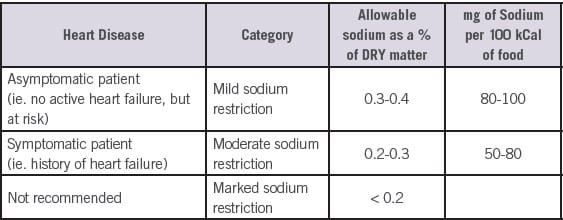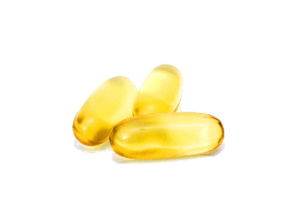L-Carnitine
- L-carnitine is an essential amino acid responsible for the production of energy within the heart.
- Carnitine deficiency has been reported in humans and dogs with dilated cardiomyopathy.
- The L-form of carnitine must be used to be effective.
Taurine
- Taurine is an amino acid found in high concentrations in the heart and is necessary for normal heart function.
- Dogs can develop taurine-deficient heart disease and may respond to supplementation.
- Some boutique, grain-free, or exotic ingredient diets have been shown to cause taurine deficiency; the FDA is investigating the specific problem with these diets.
Coenzyme Q10 (Co-Q10)
- Co-Q10 is an antioxidant and supports energy metabolism.
- There are no veterinary studies to support or refute the use of Co-Q10 in dogs and cats.
Other Supplements
There are many nutritional supplements with claims of cardiovascular benefits. While some of these benefits may be true, these natural substances may interact with the medications prescribed by your veterinarian. Often these natural or herbal therapies have properties that may alter the blood pressure, heart rate, or fluid volume so please use them with caution after consultation with CVCA and your veterinarian.


